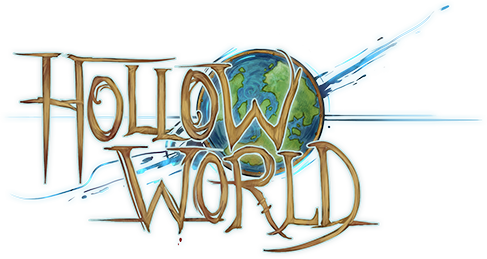Medieval & Fantasy Minecraft Roleplaying
Greetings Explorer, Navigate into the Lobby!
Register a free account today to become a member! Once signed in, you'll be able to participate on this site by adding your own topics and posts, as well as connect with other members through your own private inbox!
Be sure to "Get Whitelisted" to join the community on server!
-
Greetings Guest, Welcome to our Medieval Roleplaying Server, HollowWorld! Get Whitelisted Today and join us! Then check out our Starter Guide made just for you.
-
Keep up-to-date on the Server Campaigns!
-
Here's a guide to the Prestige plugin! Read it here.
-
To purchase property at Storm's Landing, Please Click Here!
-
Hey, Guest! Contribute to the Server to keep us Alive!
Finished The Learning Center - Tzemik's Class
- Thread starter IceandFire
- Start date
